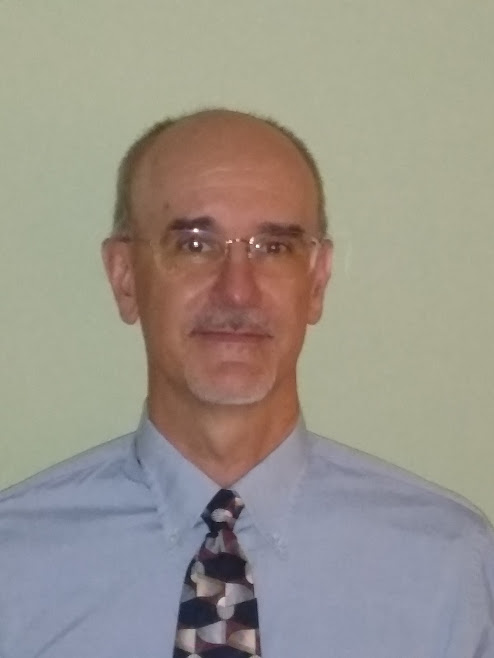
Jason W. Rausch, Ph.D.
- Center for Cancer Research
- National Cancer Institute
- Building 535, Room 108D
- Frederick, MD 21702-1201
- 301-846-5384
- rauschj@mail.nih.gov
RESEARCH SUMMARY
The primary focus of my research has been to use various biochemistry, molecular biology and computer modeling tools to study the structures and functions of HIV proteins (reverse transcriptase, integrase, capsid, nucleocapsid, rev), HIV-related host proteins (APOBEC3G, DC-SIGN, L-SIGN) and viral RNA motifs (HIV-1 polypurine tracts, HIV-1 and HIV-2 rev-response elements, HIV-1 5’ UTR). My recent emphasis has been on determining the secondary structures of HIV-related RNAs using the chemical probing methodology known as selective 2’ hydroxyl acylation analyzed by primer extension (SHAPE) and expanding this technology for use with next generation sequencing systems.
Areas of Expertise

Jason W. Rausch, Ph.D.
Research
The principal focus of my research has been to use various tools of biochemistry, molecular biology, and computer modeling to understand the interaction between/among retroviral enzymes (reverse transcriptase, integrase) and structural proteins (nucleocapsid, gag) and their nucleic acid substrates. In particular, I have developed a number of in vitro assays utilizing substrates containing nucleoside analogs (e.g., difluorotoluene, iso-guanosine, 2-amino-adenosine, etc.) and purified recombinant enzymes to study how HIV-1 reverse transcripase specifically recognizes its cognate primer for plus-strand DNA synthesis, the HIV-1 polypurine tract (PPT). I am currently also using related methodologies to explore the mechanism(s) by which the ubiquitous cellular enzyme APOBEC3G, an HIV restriction factor, catalyzes cytidine deamination within select target sequences in single-stranded viral DNA.
Finally, I have recently received a 2007 NCI Director's Career Development Innovation Award for my application entitled 'Evolving Sequence-Specific Integrases and Methyltransferases by In Vitro Compartmentalization.' With these funds, I plan to use novel directed evolution techniques to help improve the target-specificity of retroviral gene therapy vectors, as well as tools useful for epigenetics research pertaining to cytosine methylation.
Publications
Novel biochemical tools for probing HIV RNA structure
SiRNA-induced mutation in HIV-1 polypurine tract region and its influence on viral fitness
An unusual topological structure of the HIV-1 Rev response element
The HIV-2 Rev-response element: determining secondary structure and defining folding intermediates
Progress towards developing potent and specific inhibitors of HIV RT-associated ribonuclease H
Biography

Jason W. Rausch, Ph.D.
Education:
1990 B.S. (Biology, minor in Mathematics) Syracuse University, Syracuse, New York
1997 Ph.D. (Biochemistry) Case Western Reserve University, Cleveland, Ohio
2002 B.S. (Computer and Information Science, with certificates in UNIX System Administration and Database Design) University of Maryland, University College, Adelphi, Maryland
Professional:
1994-present: 33+ Peer-reviewed publications
1999-present: Staff Scientist, Frederick National Laboratory for Cancer Research
NCI Director's Career Development Innovation Award "Evolving Sequence-Specific Integrases and Methyltransferases by In Vitro Compartmentalization"
NCI Director's Career Development Innovation Award "Incorporating unnatural amino acids into the Pol V mutasome for photocrosslinking and single-molecule FRET"
2009-present: Center for Excellence in HIV and Cancer Virology Website Maintenance Committee
2013-present: Member, CCR RNA Biology Initiative
